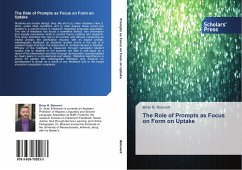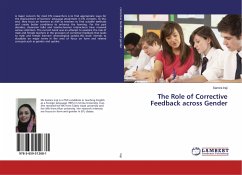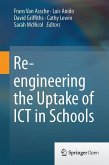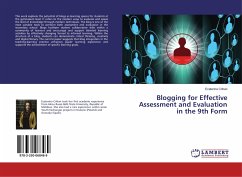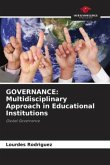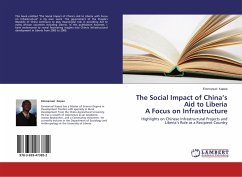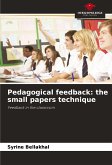Students are human beings; they, like all of us, make mistakes. How, if, when, under what conditions and to what degree these errors are treated is a current focus in research regarding language acquisition. The role of feedback has found a somewhat limited, very informative and equally persuasive niche in current theory building and research. This study examines this role in its function and efficacy comparing an implicit prompt, the clarification request, with an explicit prompt, metalinguistic feedback on students spoken errors in the use of a complex target structure, the subjunctive in nominal clauses in Spanish. Efficacy of the feedback is measured through successful student uptake, that is, whether or not students are able to self-repair as a result of the intervention and then through development operationalized as mean gains in a pre-test/post-test design. Statistical significance is shown for uptake with metalinguistic feedback only, however no development is shown as aresult of any feedback due to the target structure s acquisition complexity.
Bitte wählen Sie Ihr Anliegen aus.
Rechnungen
Retourenschein anfordern
Bestellstatus
Storno

